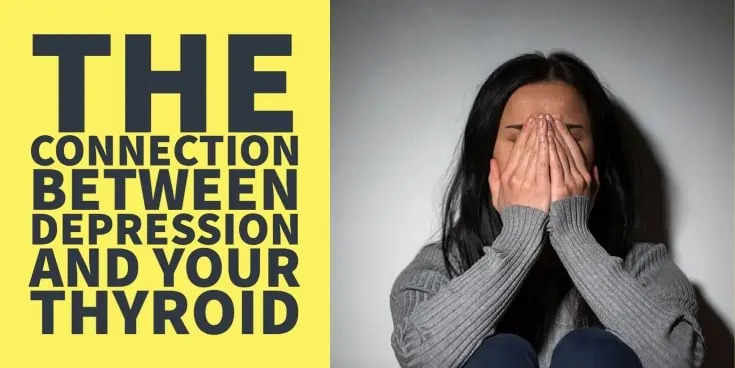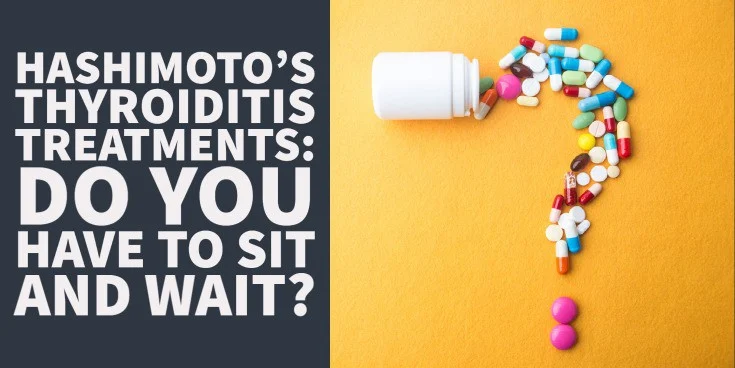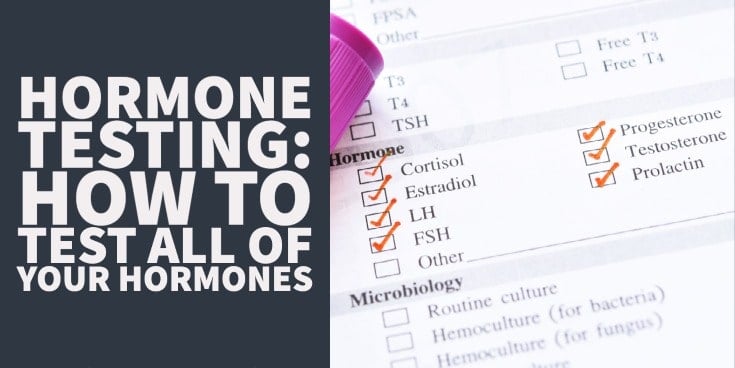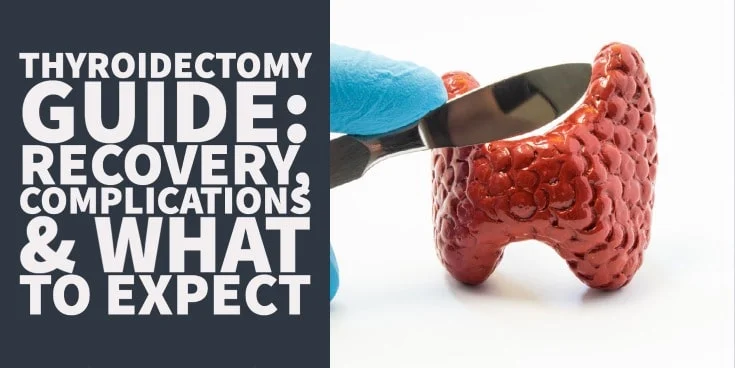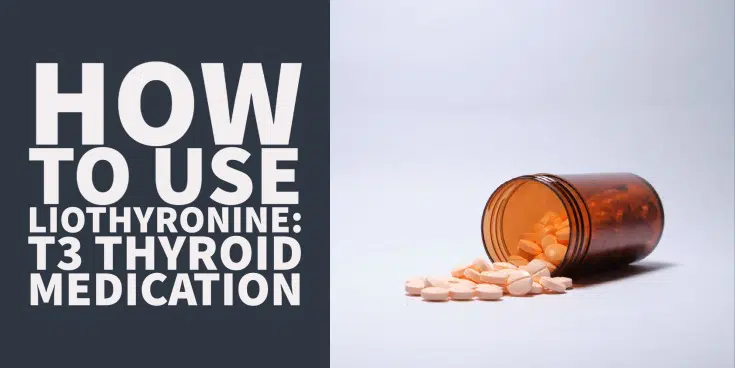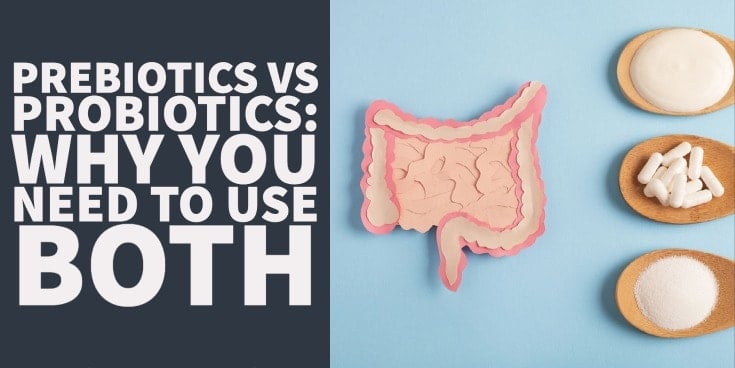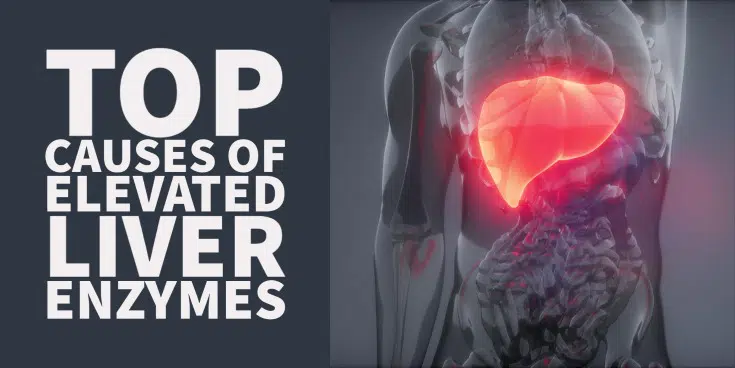The Right Way to Use HCG For Weight Loss (Not the HCG Diet)
This guide is part 2 in a series I am writing about how to properly and effectively use weight loss medications (including dosing, duration of therapy, and titration). Part 1 contains information and dosing on Victoza which you can read about here. HCG is often misused and misunderstood by patients, especially when it comes to …

